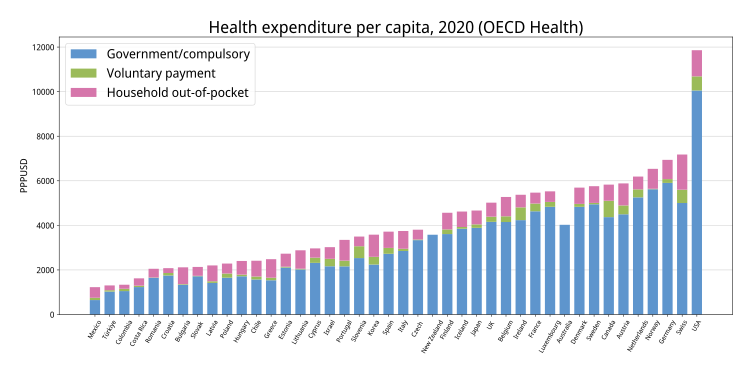Kondor3
Cafeteria Centrist
- Jul 29, 2009
- 33,970
- 9,931
As opposed to what Mad Cow tells ya'll?The healthcare systems in the European countries are all running out of money....and that is even when we are paying for their entire national militaries.......if they actually had to pay for their own national defense, their welfare states would collapse....
yet another R-W morons chimes in with what hannity told them,,,,,,See post #136
